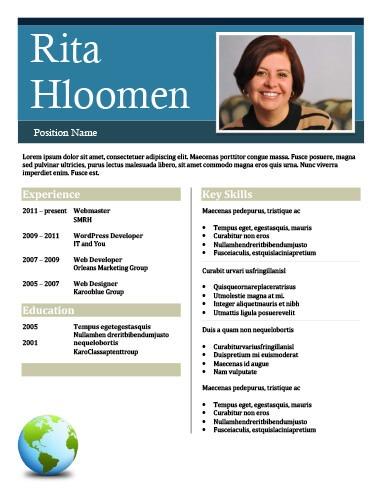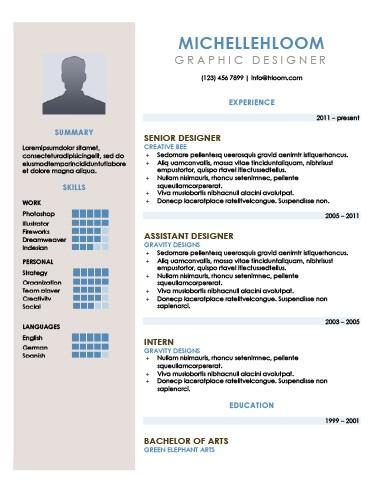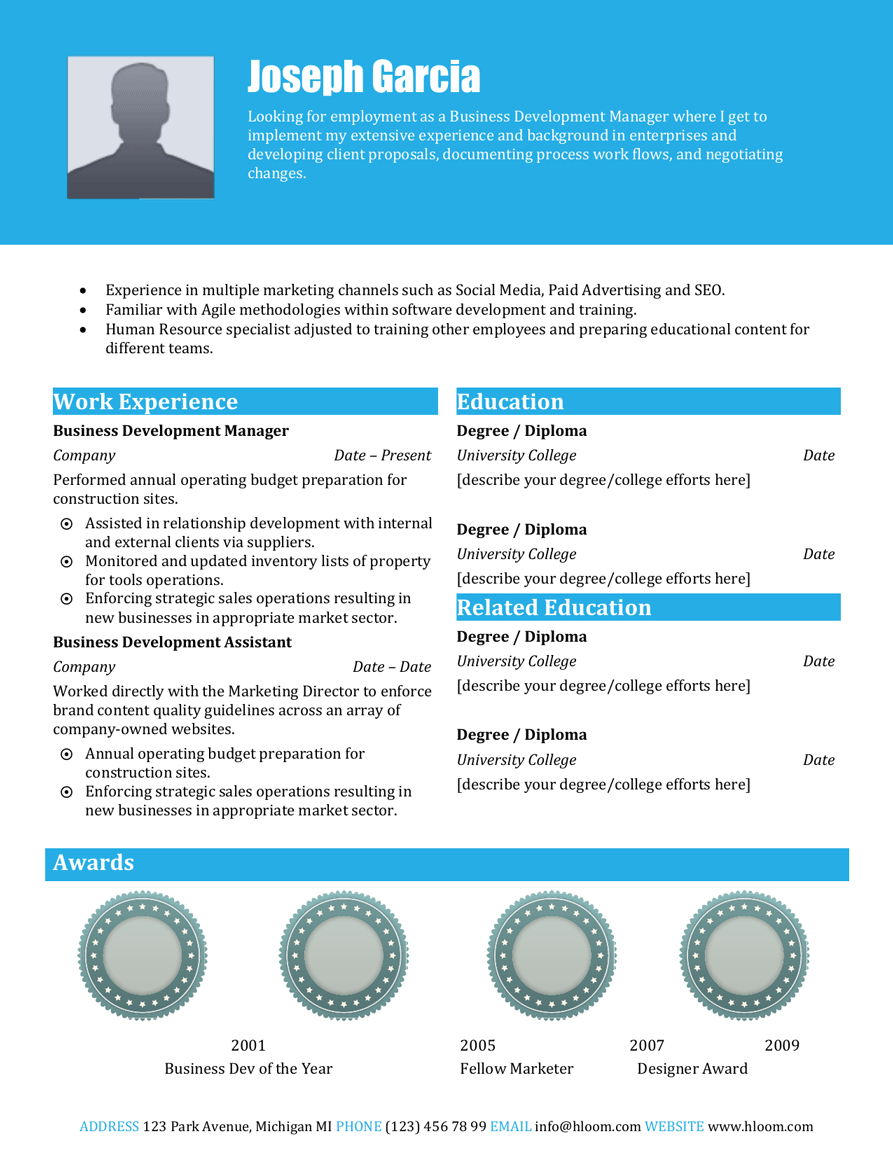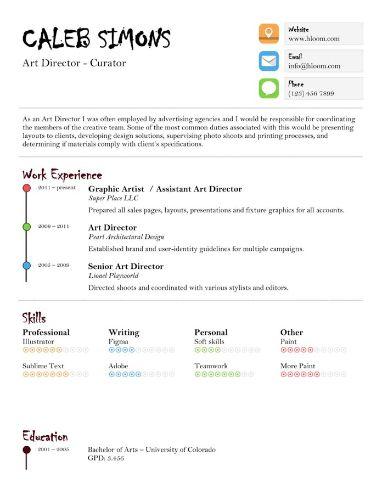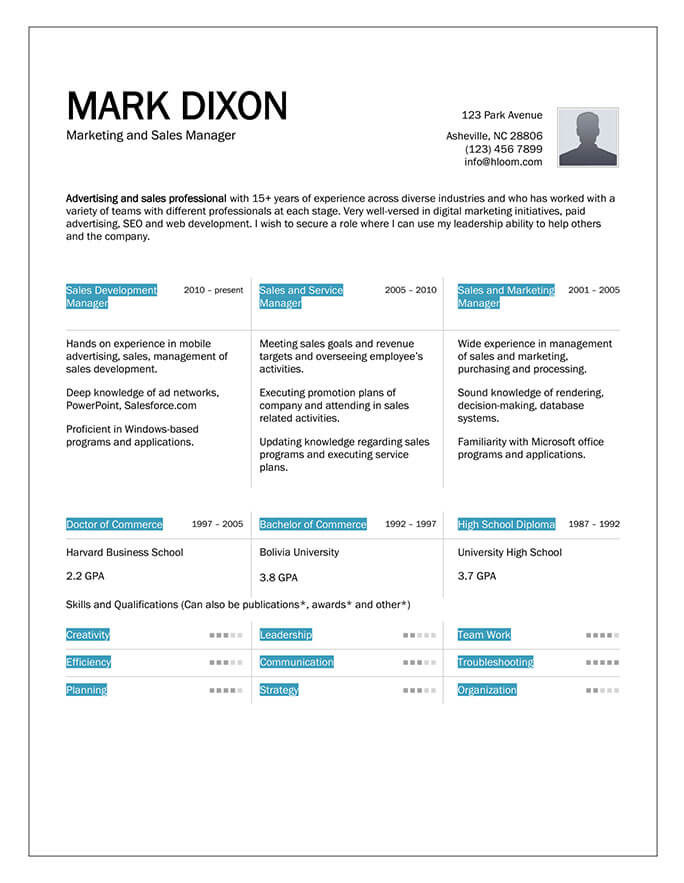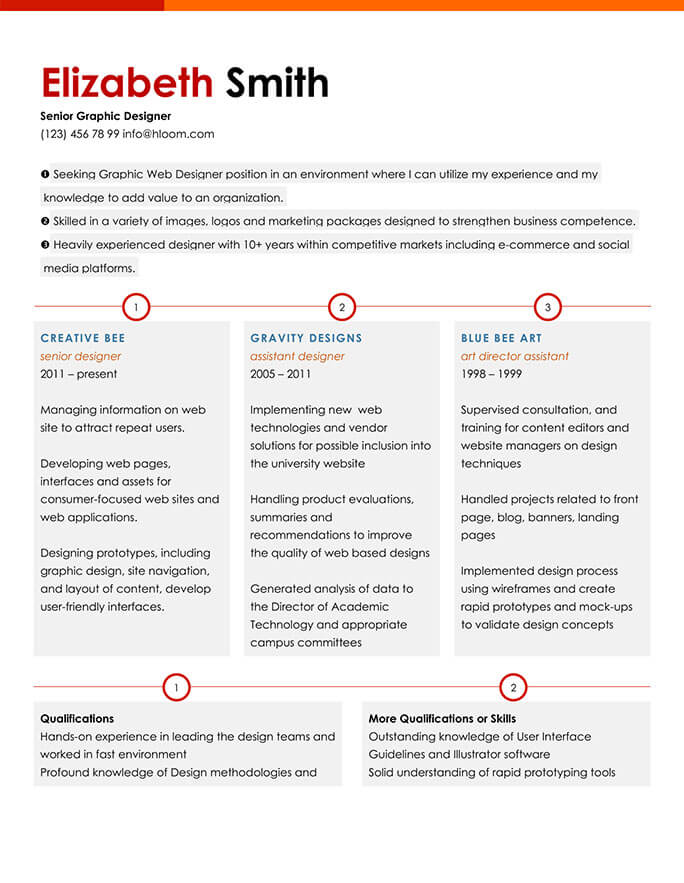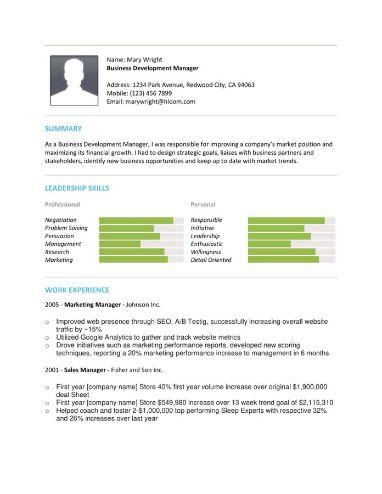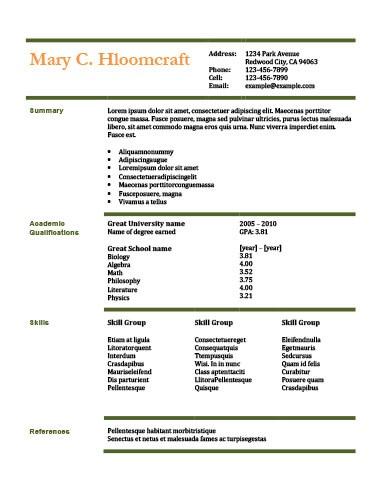Software Developer Resume Examples for 2024 (Template and Guide)

- Featured In: *Foot Note

Table of Contents
Here are more resources that can help you
-
Resume/CV Templates
-
- Basic Resume Template
- Creative Resume Template
- Portfolio Resume Template
- Modern Resume Template
- ATS Resume Template
- One-Page Resume Template
- Google Docs Resume Template
- CV Template
- Biodata Resume Template
- Writer Resume Example
- High School Student Resume Example
- Internship Resume Example
- Entry Level Resume Example
- Massage Therapist Resume Example
- Medical Assistant Resume Example
- Cashier Resume Example
- BabySitter Resume Example
- Customer Service Example
- Attorney Resume Example
- Customer Service Representative Resume Example
- Teacher Resume Example
- Engineering Resume Example
- Nurse Resume Example
- Latex Resume Template
- College Student Resume Example
- High School Graduate Resume Example
-
Resume Help
A resume is an essential tool for the interviewer to assess your abilities. So it is imperative to cover all bases, especially when it comes to technical job profiles like that of a software developer. Paired with a few practical examples, this guide will help you write the perfect resume tailored to your needs.
Explore our entire collection of downloadable resume examples and our free and premium resume templates to help you get your next job!
Software Developer Resume
-
This software developer resume is a standard example you can reference to get an idea of a resume’s sections, formatting and crucial information. Refer to this example and always include the following in your resume:
- Personal information such as your name, phone number, email and current location.
- An opening statement containing a summary of your experiences and achievements.
- A detailed list of your previous jobs.
- A section with a mix of different types of skills.
- Your education qualifications, along with the name of the degree and institution.
- Optional sections dedicated to mentioning your certifications, licenses or awards.
Free Downloadable Resume Templates
-
Big Bold Header
-
Sidebar
Prepare to Write Your Resume
Before sitting down to write your resume, you must gather all your materials and necessary information to tackle this task. To help you prepare, we have selected a list of pointers to keep in mind while drafting your resume outline:
- Research the general and technical requirements of your role. An excellent way to do this is to look through several job postings put up by hiring firms, as they usually mention the top skills and qualifications in the job description.
- Have records of your previous job roles, certification courses and education details at hand, as all these need to be in the resume. While you're at it, have other documents like your recommendation letters with you, as these could be requirements at your place of employment.
- Pick out your most admirable set of achievements over the years, be it your previous job posting or a remarkable software project in college. These few highlights in your resume can be your ticket to win the recruiters over.
- While deciding on what to include in the skills section, try and avoid using terms like "hardworking" and "team player” as they sound repetitive among the thousand other resume entries. Recruiters also use applicant tracking system (ATS) to scan your resume for grammatical errors and other inconsistencies, so have someone else go through your resume before you seal the deal.
- Go through examples online to get a better idea of the resume format you should use. Check out our resume examples and use the tips provided in the templates to improve your chances of getting the job you desire.
Choose the Right Resume Format
All resumes fall under three resume formats, chronological, functional and combination. These resume formats help you organize your resume to highlight your strengths and downplay any weaknesses efficiently.
A chronological resume emphasizes the applicant’s work experience; therefore, candidates with more than 10 years of software development experience should opt for this format.
Functional resumes are also known as skill-based resumes because they have multiple sections dedicated to qualifications and skills. Focusing on skills makes this format a perfect choice for entry-level developers.
A combination resume equally highlights the work experience and skills.. That format is an excellent option that works for many candidates, mainly those applying for senior roles or changing careers.
Our resume formats guide can further help you differentiate between the three formats.
-
Chronological
-
Functional
-
Combination
How to Write Your Resume with Examples
We've created an easy-to-follow step-by-step guide to building a software developer resume in no time. Follow the tips provided below, along with a few practical examples, to customize the resume specific to your needs.
1. Spruce up your career objective.
Your opening statement functions as a first introduction to a potential employer, so it's crucial you include the most impactful information.
You can write an opening statement in two ways: a career objective or a summary statement. A career objective is most suitable for entry-level job seekers and individuals changing their field of work since it focuses more on a candidate's goals. On the other hand, a summary statement uses quantifiable figures to showcase the candidate's expertise in the field, hence more suited for experienced individuals.
Let’s assume you worked as an application software developer intern for six months and are looking for a full-time role. Your aim should be to fit your education experience and your tasks and accomplishments concisely.
Compare the following examples of a career objective:
Poor example:
“I am looking for an entry-level software developer role. I am passionate about developing applications and have a penchant for learning and picking up new skills.”
This failed example tells us nothing about the candidate’s qualifications and instead describes their interest in the subject matter.
Good example:
“Entry-level Software Developer knowledgeable in designing, developing and testing applications. Assisted in maintaining large-scale deployed software projects. Proficient in working with Java, Python and SQL.”
The reasons the above example works better than the previous poor example are that:
- The candidate is clear and concise when mentioning the tasks they've accomplished as a software developer.
- It downplays the limited formal experience by mentioning work on a technical project.
- It states crucial technical skills commonly found in software developer job descriptions.
Now instead, if you were to use the summary statement approach, the following tips would come in handy:
- Validate your work expertise by having quantifiable metrics the recruiter can reference to evaluate your experience better.
- Read up on the requirements stated in the job description and try to incorporate them in your statement.
- Discard irrelevant information from your statement to keep it as concise and to the point as possible.
Study this summary statement example and choose your strategy wisely:
“Software Developer with over four years of experience coordinating coding projects. Equipped with cutting-edge programming expertise with a background in iOS and Android mobile development.”
2. Showcase your work history.
Work experience is an essential part of any resume but simply stating your years of employment isn't enough. Working on multiple projects makes you a stronger contender for a software developer role. So, it is essential to mention the tasks and achievements you’ve accomplished during your tenure under every job entry.
The following examples will help you compare a good work history entry with a bad one.
Poor example:
Work History
- Designed and developed applications.
- Tested and debugged errors in code.
- Worked on a software project.
The vagueness of this example makes it another generic entry in the work history section. You could elaborate much more on the specifics of the accomplishments, such as the number of applications, hours worked or departments you collaborated with.
Good example:
Work History
- Revised, modularized and updated three old code bases to modern development standards.
- Built APIs, wrote SQL statements and performed quality assurance tests, reducing errors by 48%.
- Handled the end-to-end life cycle for the production of software and two applications.
Even though the above example is technically similar to the poor example, mentioning technical terms solidifies the candidate's knowledge of the field, assuring the recruiter of your capabilities.
The following are some additional tips to describe your previous job roles better:
- Include quantifiable figures while stating achievements, as this gives the reader a better assessment of your job performance.
- Incorporate job requirements instead of stating small irrelevant tasks performed in your job. Pick out keywords from the job posting that describe your achievements and duties.
- Mention as many relevant technical skills you’ve worked on as possible. Knowledge of programming languages and new systems is always a plus for recruiters.
3. Select and categorize your skills.
The skills section is one of the crucial pillars of your resume. You should include at least one skills section with six to eight skills.
However, if you go for the functional resume format, the skill section takes up more space, with a dedicated expanded section to describe your achievements in detail.
The expanded skills section on a functional formatted resume looks like this:
Skills
Database development
- Designed and developed multiple databases with over 1000 regularly updated entries.
- Solved database usage issues and malfunctions and created over 70 queries to resolve data irregularities.
- Worked on MySQL for offline maintenance and managed live data on AWS.
The expanded skill section works for individuals trained for the job but lacking professional experience, meaning entry-level or career-shifting candidates often use functional formats.
Every resume should have a varied skill section with a mix of soft, hard and technical skills. The technical and hard skills have more weight for a software developer position as they are necessary for the role.
Soft Skills are equally important in your resume as they indicate your work style in an office environment and your personable qualities with co-workers. Some excellent soft skills for a software developer are:
- Conflict management
- Attention to detail
- Problem-solving
- Creative thinking
- Time management
- Patience
- Multitasking
- Excellent communication with clients and internally
- Collaboration with other departments
- Organization skills
Skills that aren't inherent but rather learned through experiences and education are hard skills. Some common hard skills for software developers are:
- Creating structured frameworks
- Developing APIs
- Creating automated programs
- Editing and designing application user interface
- Handling user experience
- Error handling and debugging programs
- Object-oriented programming (OOP) concepts
- Database handling
- Basics of networking
- Source control management
- Multithreading
Technical skills refer to your proficiency in different programming languages, integrated applications, frameworks and coding environments. The necessary technical skills for a software developer are as follows:
- Proficient in different programming language syntaxes, i.e, Python, HTML, JavaScript, PHP.
- Familiar with virtual environments, i.e, NET Framework.
- Adept as application development software, i.e, Android SDK, Swift.
- Proficient in database handling, i.e, MySQL, AWS
- Skilled in project management tools, i.e, DevOps, Asana, Agile.
Find more skills using the pre-written suggestions from our Resume Builder. Download one of many software developer resume templates and edit it on your preferred word processor for free!
4. Complete your resume with your contact information, education and custom sections.
Education
A software developer role usually demands a technical bachelor’s degree with a computer science or web development major. While most employers won’t demand a master’s degree for this job, a higher degree will benefit you if you want a senior position that requires you to manage a team.
A software developer specializes either in application development or system development. Both these paths vary as an app developer is more specific to his creative tasks, whereas a systems developer manages the whole designing and implementation of an application.
You should list an education section in your resume, no matter your educational background. For candidates with more than one degree, make sure to list them in reverse chronological order. Always mention the degree's official title, the university name, the location of the university and dates of attendance or graduation, if applicable.
Certifications, Licenses and Custom Sections
Having a dedicated section in your resume to showcase your certifications is a great way to validate your skills.
As a software developer, consider getting the following certifications:
IEEE Professional Software Developer Certification
This professional competency certification validates your knowledge as a software developer.
Oracle Certified MySQL Database Administrator (CMDBA)
It's essential to be versatile in your software developer skills, so learn about database administration and get certified by Oracle.
Software Development Lifecycle Specialization
This certification offered by the University of Minnesota is designed for beginners and professionals alike and gives you a deeper understanding of software development processes.
Web Design and Development Cornell Certificate Program
This front-end web development certificate gives you an overview of handling the user interface of an application.
Keep your contact information simple by listing your full name, the city and state you're from, your phone number and your professional email address.
Free Downloadable Resume Templates for Software Developers
Use these free downloadable resume templates loaded with writing tips and compatible with any word processor. Simply replace the filler text with your information, and consider yourself ready for the interview process!
Customer Reviews
FAQ
What are the top three skills of a software developer?
A technical job demands a lot of skills, especially skills like Java and .NET Framework. A software developer, either in the application field or in the system's operation, must possess these three skills:
- Conflict management
- Proficiency in different programming language syntaxes, i.e, Python, HTML, JavaScript, PHP
- Creating structured frameworks
How can a software developer stand out?
Standing out as a software developer would mean having a skill set that's as versatile as possible. A systems software developer handles the whole operation of developing an application, so having a solid core in both the front-end and the back-end would benefit them. Having a highly-skilled developer lets you train other employers and pitch in whenever and wherever needed, making you a precious asset.
What is a good objective statement for a software developer?
A good objective statement should be clear and concise in its messaging. It should give enough information to inspire confidence in the recruiter. For example, as a software developer, starting with something like "Experienced Software Developer with a track record of building applications for well-known companies" keeps the recruiter reading and also intrigues them. Don't forget to clearly state your goals within the role and how you and the company would mutually benefit from your hiring.
Rate our Templates


